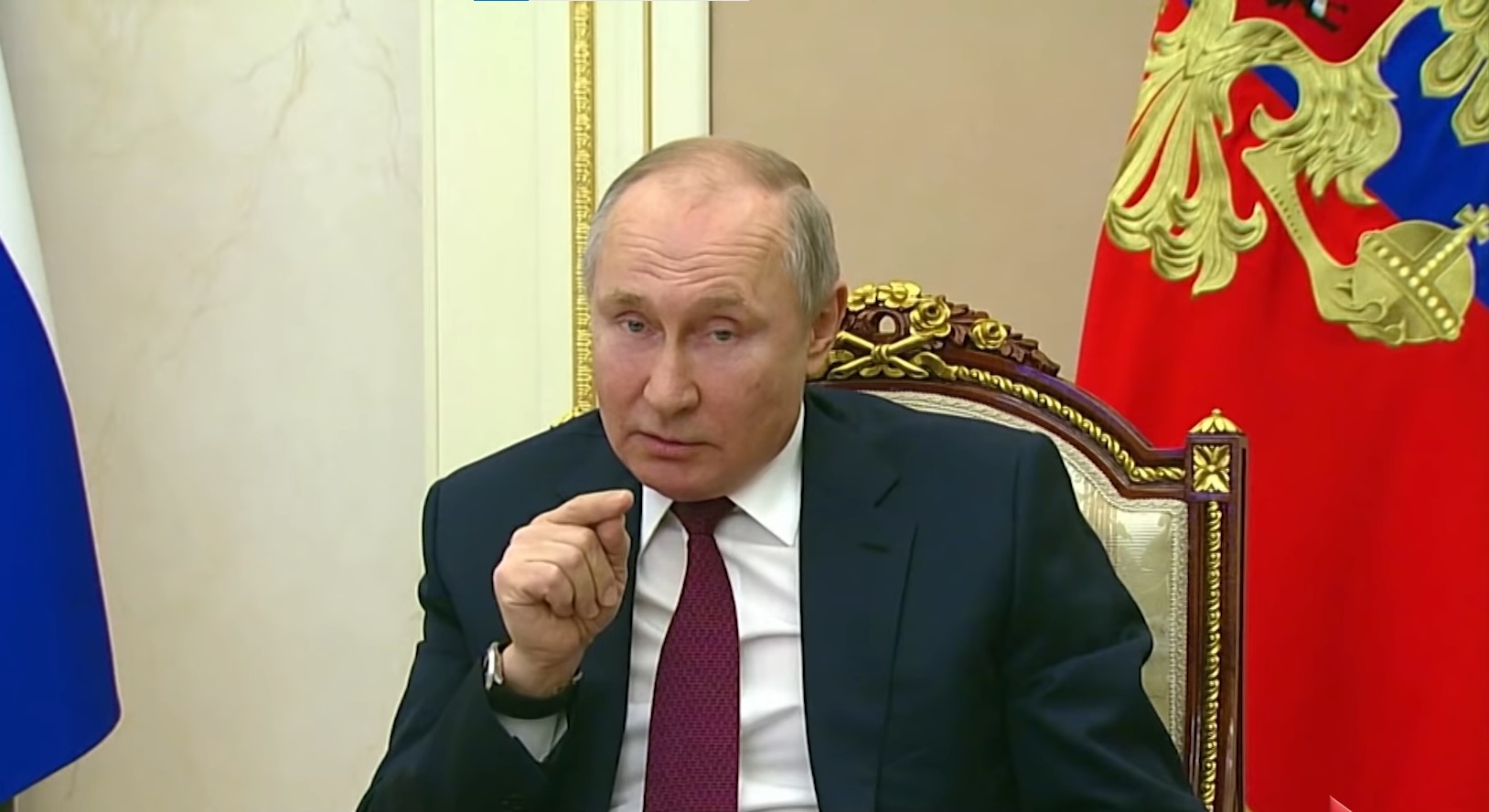The ongoing conflict between Russia and Ukraine has taken a dangerous turn, with the Kremlin issuing a warning that conflict with NATO could become inevitable if alliance troops are deployed to Ukraine. This development has raised concerns about the potential escalation of the war and the implications it could have on global stability.
The Kremlin has suggested that if European members of NATO decide to send troops to fight in Ukraine, conflict between Russia and the military alliance would become inevitable. Dmitry Peskov, a spokesperson for the Kremlin, stated that discussing the possibility of sending troops to Ukraine from NATO countries is a significant new element. When asked about the risks of a direct Russia-NATO conflict, Peskov emphasized that it would not be a matter of probability but inevitability.
NATO, on the other hand, has reiterated that it has no plans to send combat troops into Ukraine. Jens Stoltenberg, the Secretary General of NATO, confirmed that there are no intentions to deploy troops on the ground in Ukraine. Several European countries, including Sweden, Poland, and the Czech Republic, have also distanced themselves from the idea of sending ground troops to Ukraine. However, the situation remains fluid, and the response from NATO member states may evolve as the conflict unfolds.
Following French President Emmanuel Macron’s statement that “nothing should be excluded” when it comes to sending troops to Ukraine, other European countries have expressed their positions on the matter. Hungary, Germany, Sweden, the Czech Republic, Poland, Italy, and Britain have ruled out sending ground troops to Ukraine. While there is no consensus among European countries regarding the deployment of troops, Gabriel Attal, France’s Prime Minister, emphasized that no option should be ruled out in efforts to prevent a Russian victory in Ukraine.
Amidst the escalating tensions, there have been significant developments on the ground in Ukraine. Ukrainian forces have reported shortages of weapons and ammunition, while Russian forces have made territorial gains. The Ukrainian military has withdrawn from the villages of Severne and Stepove near Avdiivka, which were recently captured by Russian forces. This strategic withdrawal aims to regroup and defend positions that provide more favorable terrain for defense.
In a significant development, Ukrainian forces shot down a Russian Su-34 fighter jet on the eastern front. This successful interception marks a blow to Russian air superiority and demonstrates Ukraine’s resilience in the face of Russian aggression. However, it is crucial to note that the conflict remains highly volatile, and the balance of power could shift rapidly.
As the conflict intensifies, there have been calls for international support to aid Ukraine in its fight against Russia. The United States Treasury Secretary, Janet Yellen, has emphasized the urgency of seizing profits from frozen Russian assets and redirecting them to support Ukraine. The proposal involves setting up a fund using billions of dollars in bank accounts, investments, and other assets frozen by the West in response to Russia’s invasion of Ukraine. This move aims to provide much-needed financial assistance to Ukraine and demonstrate a decisive response to Russia’s threat to global stability.
A direct conflict between Russia and NATO would have severe consequences for global security. The potential for a full-scale war, involving some of the world’s most powerful military forces, raises concerns about the loss of life, the displacement of civilians, and the destabilization of the region. Moreover, such a conflict would strain international relations, heighten tensions between Russia and Western countries, and potentially lead to a new era of geopolitical rivalries.
The implications of a Russia-NATO conflict extend beyond the immediate military confrontation. It could also impact the global economy, energy markets, and international trade. The uncertainty and instability stemming from such a conflict would have far-reaching consequences that could reverberate across various sectors and have a lasting impact on the geopolitical landscape.


Leave a Comment